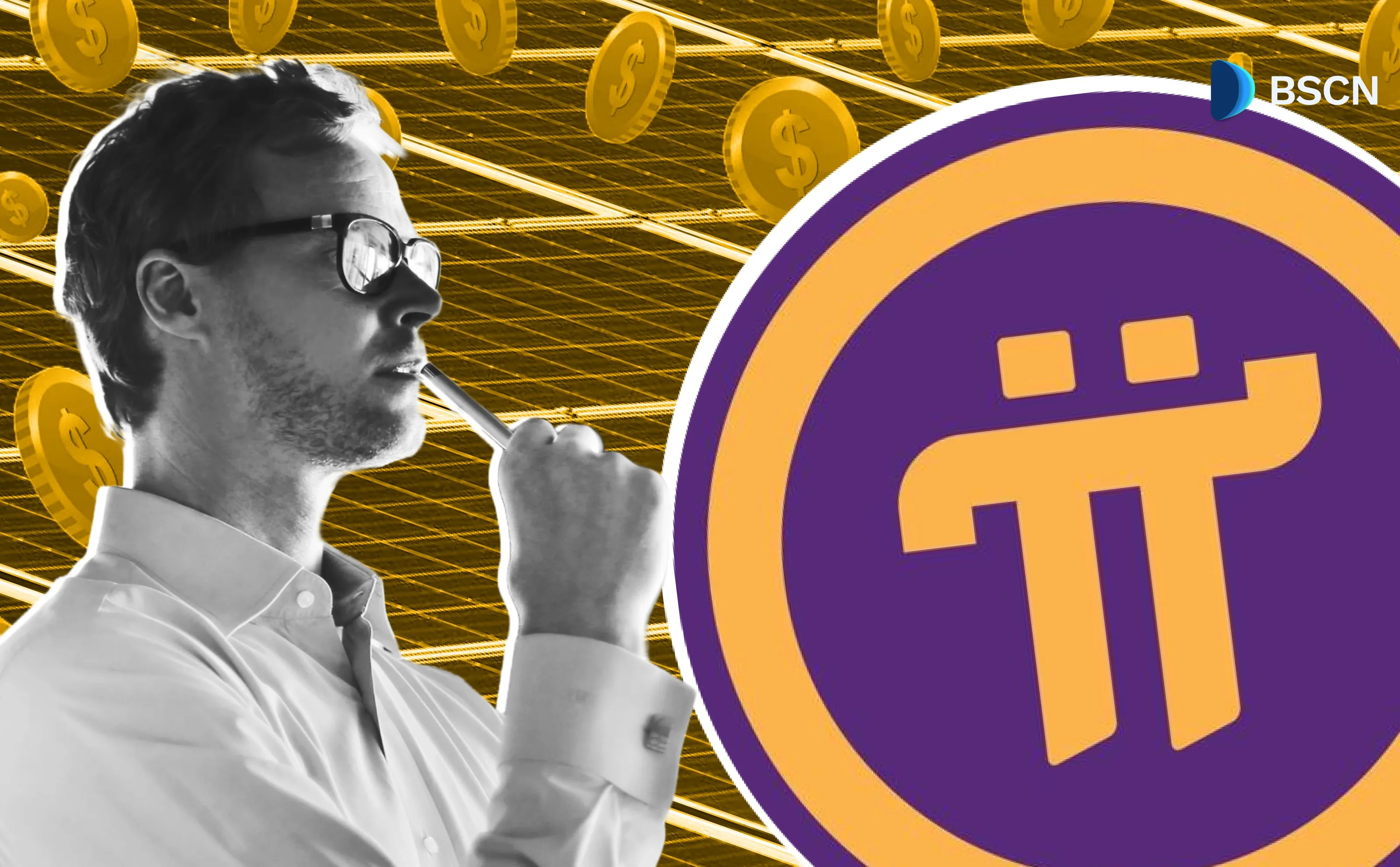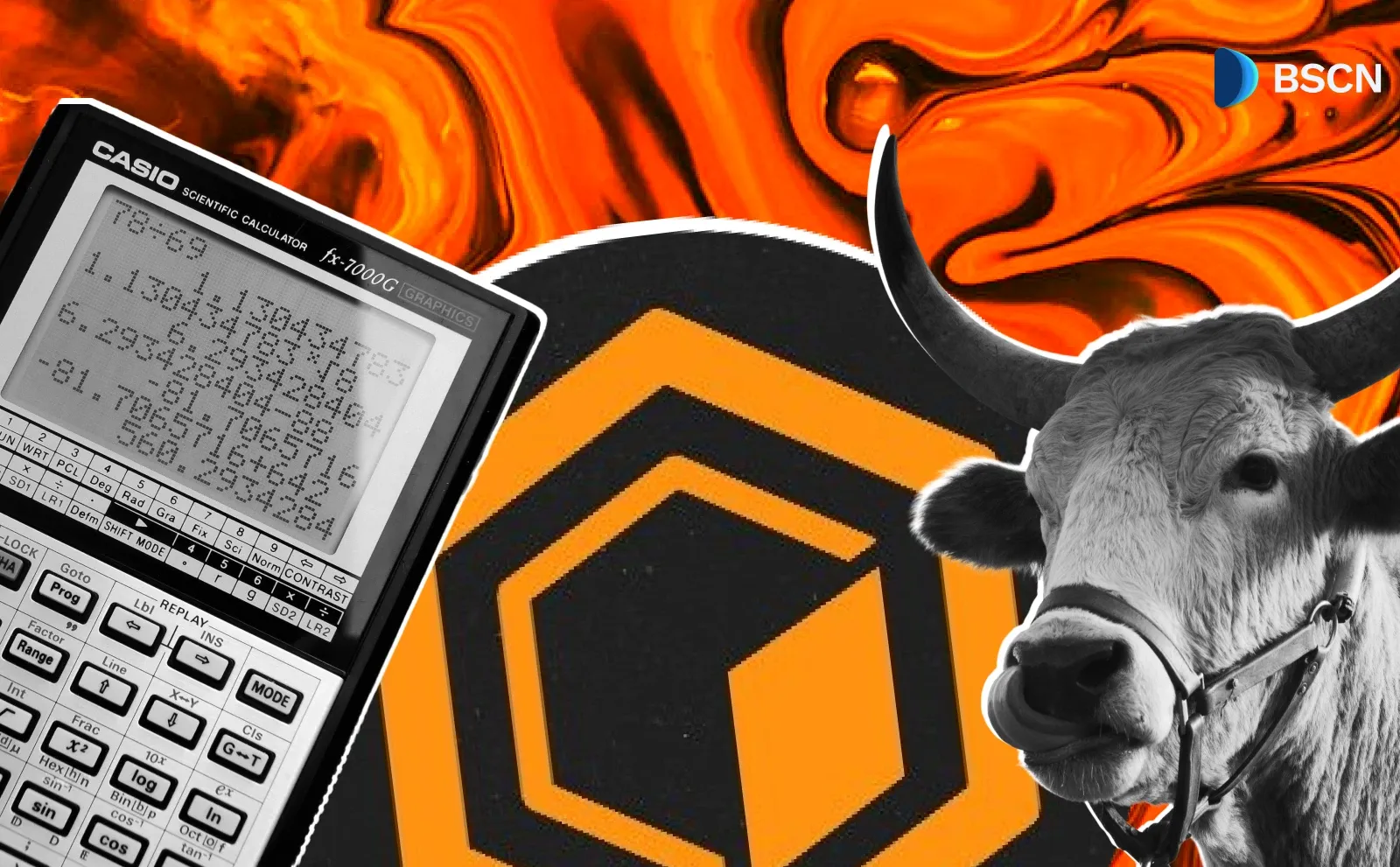WEB3
Security on Cryptocurrency Exchanges: Ensuring Asset Protection in the World of Cryptocurrencies

From two-factor authentication to cold storage, discover the essential security measures for protecting your assets on cryptocurrency exchanges.
BSCN
March 28, 2024
Disclaimer: The views expressed in this article do not necessarily represent the views of BSCNews. The information provided in this article is for educational and informational purposes only and should not be construed as investment advice. BSCNews assumes no responsibility for any investment decisions made based on the information provided in this article.
Cryptocurrency exchanges play a crucial role in the world of digital assets, providing a platform for the exchange of cryptocurrencies and tokens. However, along with the growing popularity of cryptocurrencies, the security risk on exchanges is also increasing. Hacker penetrations, fraudulent schemes, and cybersecurity threats are becoming increasingly serious issues. Various methods and security measures are applied to protect user assets and ensure the security of trading on crypto exchanges.
1. Two-Factor Authentication (2FA)
Two-factor authentication is one of the primary security measures on cryptocurrency exchanges. It requires not only entering a password but also additional confirmation, such as through a mobile device or email. This additional layer of protection significantly enhances the security of a user's account, as even if a malicious actor manages to obtain the password, they still cannot access the account without the second factor of authentication.
2. Cold Storage
Cold storage involves storing cryptocurrency assets offline, disconnected from the internet. This makes them inaccessible to hackers since physical presence and access to the storage are required to access the assets. Cold storage is one of the most reliable methods of storing cryptocurrencies and is widely used by exchanges to protect large sums.
3. Identity Verification and KYC (Know Your Customer)
Many cryptocurrency exchanges require users to undergo identity verification and KYC procedures to open an account and conduct trading operations. This allows the exchange to more accurately identify its customers and prevent fraud, as well as comply with regulatory requirements regarding anti-money laundering and counter-terrorism financing.
4. Multilayer Security System
Cryptocurrency exchanges often employ multilayer security systems, including network protection, transaction monitoring, intrusion detection, and automatic shutdown of suspicious activities. This helps to promptly respond to potential security threats and prevent possible attacks.
5. Secure Password Storage Methods
Cryptocurrency exchanges should provide secure password storage methods for users, such as hashing and salting, to protect them from unauthorized access. This helps prevent password leaks and account breaches.
6. Regular Audits and Penetration Testing
Regular security audits and penetration testing are necessary to assess the level of exchange security and identify vulnerabilities. This helps prevent potential attacks and improve overall security.
7. User Security Training
Cryptocurrency exchanges should provide educational materials and user guides on security basics to help users independently protect their accounts and assets. This includes recommendations for creating strong passwords, using authentication apps, and dealing with phishing attacks.
8. Geographic Server Distribution and Data Backup
Cryptocurrency exchanges can use geographically distributed servers and data backup systems to protect against unforeseen failures or attacks, ensuring continuous availability and preservation of user assets.
Conclusion
Security on cryptocurrency exchanges is an essential aspect of using digital assets. Security measures such as two-factor authentication, cold storage, identity verification, and others play a crucial role in protecting user assets and preventing cybersecurity threats. The development and improvement of these methods are key aspects of ensuring security on cryptocurrency exchanges in the future.
Latest News
Crypto Project & Token Reviews
Project & Token Reviews
Comprehensive reviews of crypto's most interesting projects and assets
Learn about the hottest projects & tokens












